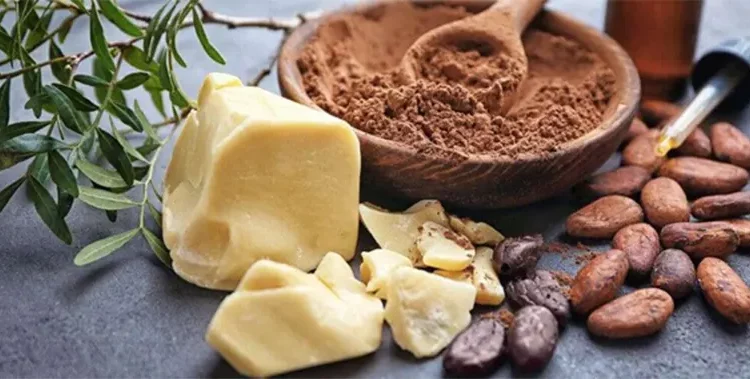The Latest annual report released by the Ghana Export Promotion Authority (GEPA) has shown Non-Traditional Exports (NTEs) reached $3.83 billion in 2024.
While this represents a modest 2.87% decline from the $3.94 billion recorded in 2023, the overall export landscape remains dynamic, with strong gains in value-added products.
The dip marks the first contraction in four years, primarily due to a drop in iron and steel exports—historically a major contributor—caused by rising production and logistics costs.
Cocoa paste overtook all other non-traditional exports to become the top earner with a 35.54% increase in export value compared to 2023. Cocoa butter and shea oil also recorded significant growth, reinforcing Ghana’s growing strength in the processed cocoa and natural skincare markets.
According to the report, processed and semi-processed goods accounted for 83.4% of total NTE earnings—highlighting the country’s shift from raw material exports toward value-added manufacturing.
Despite the year-on-year dip, the diversity of Ghana’s export portfolio remains notable. In 2024, a total of 609 different non-traditional products were exported to 152 countries, involving 1,543 companies.
However, the report revealed that just 86 firms accounted for approximately 80% of total export revenues—underscoring the dominance of a few high-performing enterprises.
GEPA attributes the sector’s resilience to ongoing government and industry initiatives, including infrastructure investments, exporter training, and market promotion.
“Ghana is making steady progress in diversifying its exports and adding value to raw materials,” GEPA CEO Francis Kojo Kwarteng Arthur noted.
“The rise of cocoa paste as our top non-traditional export is a clear sign that our industrialization efforts are beginning to pay off,” he added.
A Business Desk Report


